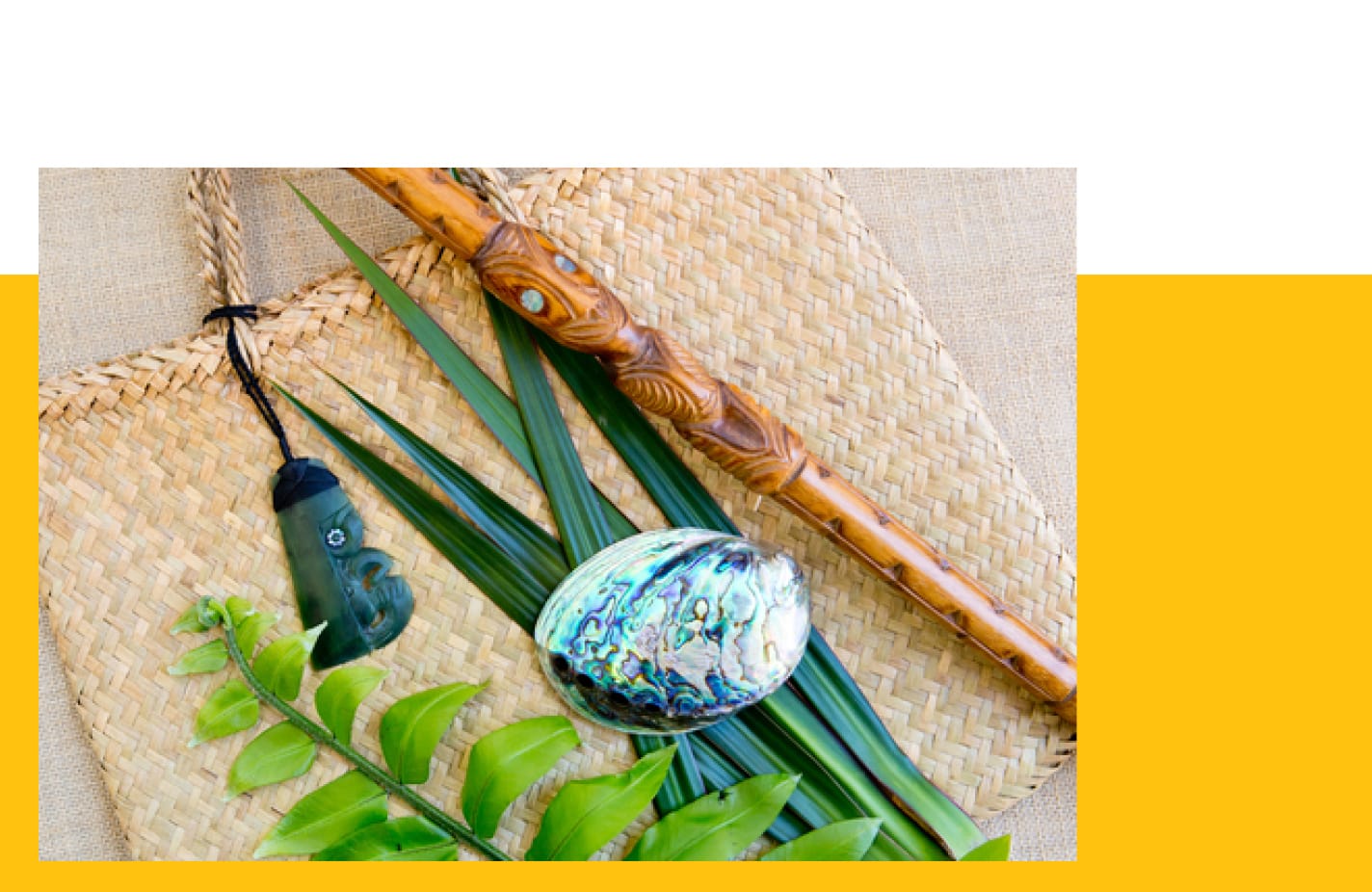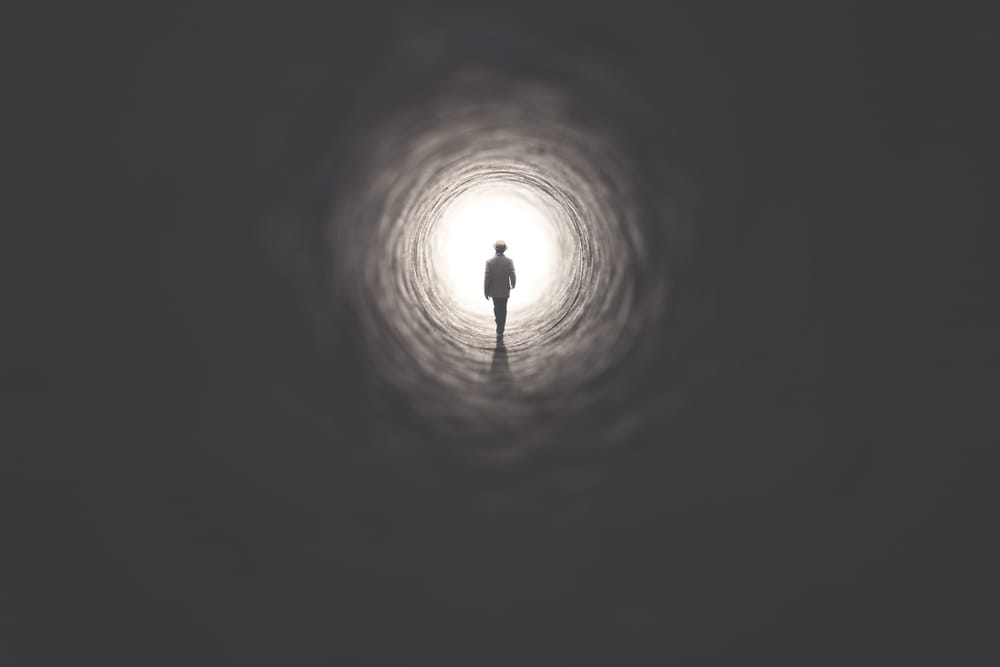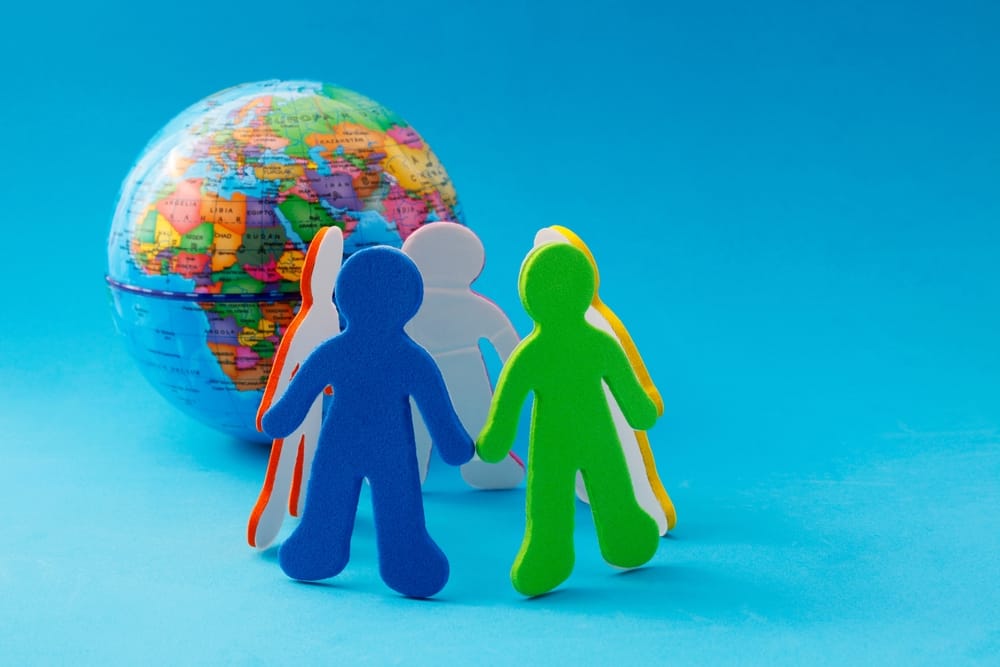
The remedy within
Reclaiming the spirit: Why interventions must include spiritual considerations
I’ve worked in the mental health and addictions sector for 17 years. Currently, I’m returning to my favourite type of work—residential services—managing a respite home for women struggling with mental health. I’ve previously managed a peer-led acute alternative to inpatient care, and I also ran a successful wānanga for people experiencing mental health and addictions that incorporated indigenous healing modalities.
My whakapapa is Ngātiwai and Rongomaiwahine. I have recovered from a diagnosis of paranoid schizophrenia, complex PTSD, and am in recovery from drug and alcohol addiction, 16 years next month. Recovery reconnected me to Te Ao Māori, a gift I hadn’t expected. Now, my practice includes traditional wairua-based approaches.
Reconceptualising my wellness
The current imbalance
Right now, we operate almost entirely within two dominant systems: therapeutic and the clinical interventions.
- The therapeutic model looks at emotional and mental states
- The medical model treats the brain chemistry, usually through medication. Both are, in my view, treating symptoms rather than causes.
These aren’t new developments. Across the world, our ancestors built health systems with spiritual elements woven through them. These kept us well. Over centuries, those elements have been stripped away, leaving us sicker than ever.
Why we lost them
One major reason is legislation. In 1907, the Tohunga Suppression Act made it illegal to practise Te Ao Māori healing. All our mātauranga was pushed underground. Practitioners were criminalised; people were scared. Some practices were safeguarded and have survived, but others were lost or hidden.
Let’s bring it all up to date
Today, some of these are becoming more mainstream—but they are still not readily available or accessible. The hope for our people is revitalisation to the point where accessing wairua healing is as normal as visiting the GP.
I know from my own work that these approaches can solve problems the medical field can’t. I’ve seen autoimmune conditions cured, seizures stop, lives change—outcomes that medication alone couldn’t achieve.
Colonisation’s impact is compounded by a modern, materialistic shift away from spiritual principles. We have placed more significance on external, material solutions—like a pill or a jab—than on inner balance.
Why inclusion matters
The system needs to go beyond funding programmes. Every person should be encouraged to get curious about their spiritual nature. Before we were disconnected from our spiritual nature, we cared very deeply for all living things and lived in harmony with the natural world.
If you have a health challenge—physical, mental, or emotional—seek out alternative modalities. In my own journey, I’ve been in the back of gypsy vans, tried neuro-linguistic therapies, and explored almost every legal alternative healing modality I could find. Until you experience something beyond the purely physical, how will you ever believe in it?
I often say spirituality isn’t a belief system—it’s a radio station. You’re either tuned in or you’re not. To those who think this sounds “woo-woo”, my answer is simple: don’t knock it till you try it.
We all share the human condition of suffering—driven by fear, resentment, and disconnection. Every person wants peace, contentment, and joy. If you can imagine being in a more peaceful state, why wouldn’t you try something different to get there? The planet is dying, spirituality offers a path to inner awakening that, when embraced collectively, becomes the key to healing our world and restoring balance to humanity and planet.
But here’s the conundrum: how do you put something wairua-driven into a system whose intent is the opposite?
Traditional tohunga often won’t accept money for their work—so how do we sustain them? How do we create more opportunities for those with gifts, and train enough healers to meet the need? I don’t yet have the answers, but they are questions we must face.
The five changes I want to see
If I had the resources to make change, here’s where I would start:
- Create more opportunities for free access to wairua-driven interventions. Everyone should be able to experience them without financial barriers.
- Develop a culturally appropriate compensation model for healers. One that allows them to receive support without compromising their principles.
- Remove the barriers and red tape around accessing spiritual healing services. The system shouldn’t bog down those working in a different realm.
- Clinicians and practitioners become less bias towards spiritual aspects when people are presenting with significant distress.
- Advocate for legislative recognition of spiritual healing – so it is protected, respected, and resourced within national health policies, not treated as an alternative or fringe option.


